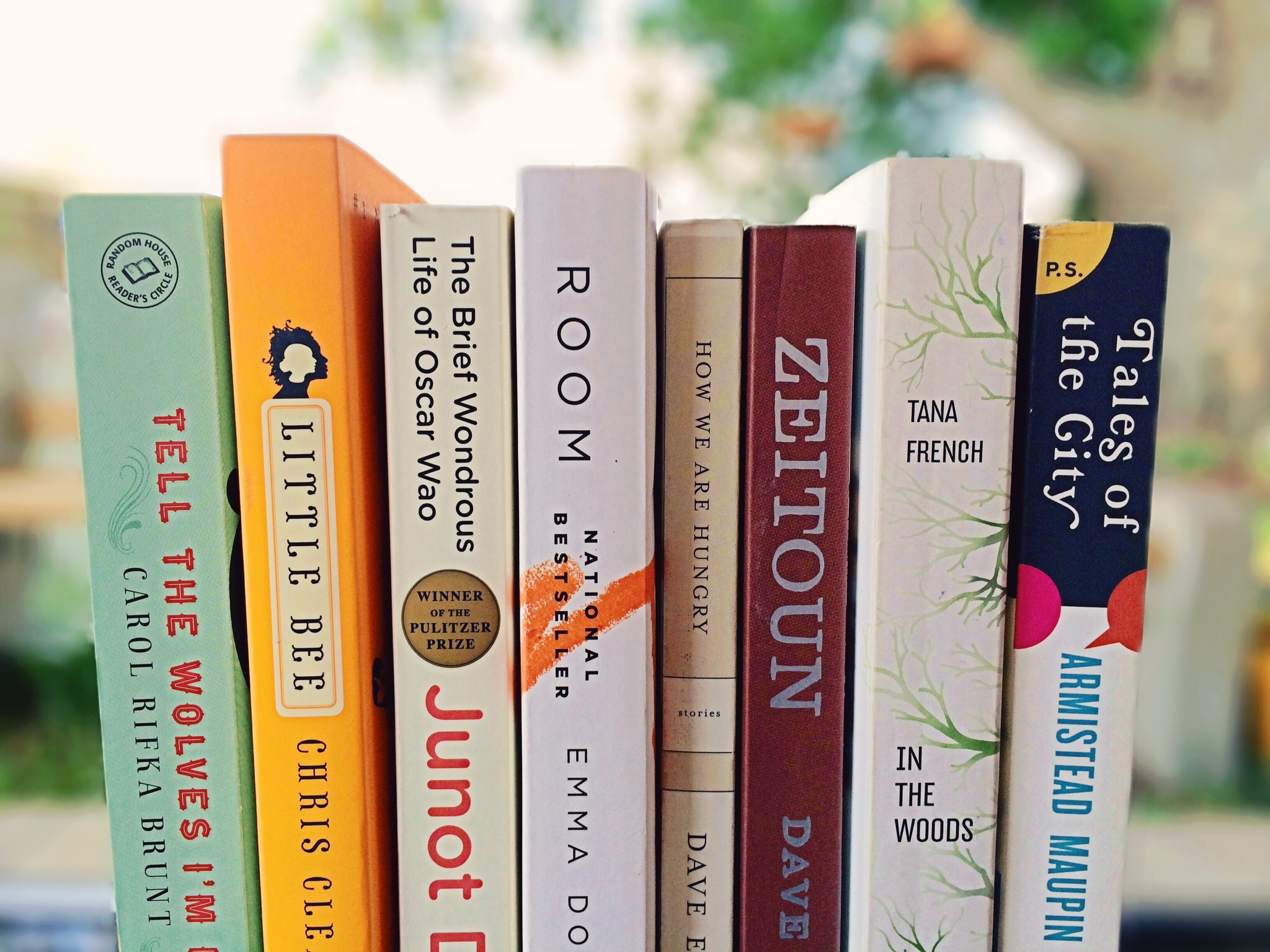One of my writer friends and a former student shared this article as to why Singaporean students aren’t taking Literature as an O level subject. You know, this one. There was a lot of waffling about how society was becoming more utilitarian (um, it already is?) and that it was difficult to put across how “useful” the humanities can be, and that students merely chose other subjects because they were presumably easy to score in. The article is full of assumptions, and not all of them are true. Here are some of my main concerns.
- Literature is not offered at all schools because some schools are more equal than others. The article conveniently leaves that bit of information out, because some schools don’t have the resources or teachers to let every class choose to do Literature at O levels. This happens in neighbourhood schools, where one class (at most) does literature. The school reckons that there is no point in pushing for a subject that most students wouldn’t excel in (see #3), since most of the kids are educated in Chinese speaking families. So it’s too bad for the kids who are good at English, and not much else, because there is one less subject that could have given them an advantage during this exam. It’s really disingenuous of the media to give us this BS about the decline of this subject being taken at O levels, when it’s not widely offered in the first place. #justsayin
- Literature is being taught all wrong. I know, because so many people have told me that they “couldn’t get into” Literature because they found the books boring. Choose texts that kids will like — Macbeth for the freakishly violent and crazy bits, Atwood for her frank discussion about gender and sexuality (oh, but this won’t be allowed if it doesn’t provide family values, sigh). Whatever. And even if the students think the books are boring? Make it interesting. I have always thought of Pride and Prejudice as a snoozefest, until a professor came along and enlightened me. And now, that book is something I think about a lot because something in it resonates within me, regardless how much I disagree with Austen.
- Teach the students that taking Lit, or any subject, really, is not all about grades. This is probably the hardest one, because even university students like Melissa Lim (in the article) avoid taking Lit in the arts faculty. (Like, how can you be a liberal arts major if you don’t even touch a work of Literature? Come on.) I don’t get why anyone would shy away from Literature, because it’s a subject where you literally jump from world to world to world; you experience the shittiest of dystopias, but you get to time travel and ride on hovercars. You get to imagine a better world with literature, and it’s a class where you use it as an excuse to daydream. What could be better? So what if your professor doesn’t like your essay? Try, try again.This fear of failure and getting less than stellar grades is part of a bigger problem, and doesn’t really have to do with whether students want to take Literature or not. Students don’t like feeling like they have failed, and should stop using Literature as a scapegoat because they subject is not part of this fear; to tackle the fear of failure, we should change students’ mindsets as so many of them perceive Literature to be difficult to score (on top of being “boring”, and “a waste of time”). Um, that can be said of any subject as long as it’s been taught in an uninteresting way.
- Trying to justify the “use” of Literature is like trying to validate the black sheep of a cousin in your family. It doesn’t work. No one gets it until they have experienced it for themselves. Try writing a paper about your cure for cancer with broken English, or try inventing a means of transport that Science Fiction writers have not thought of. Impossible, right? Now you know why Literature is important.
And you know, so what if people don’t want to take Literature, even if we sing its praises and say that it’s the best subject in the world? There is only so much we can do to make it as interesting as possible. The rest is up to the students.
